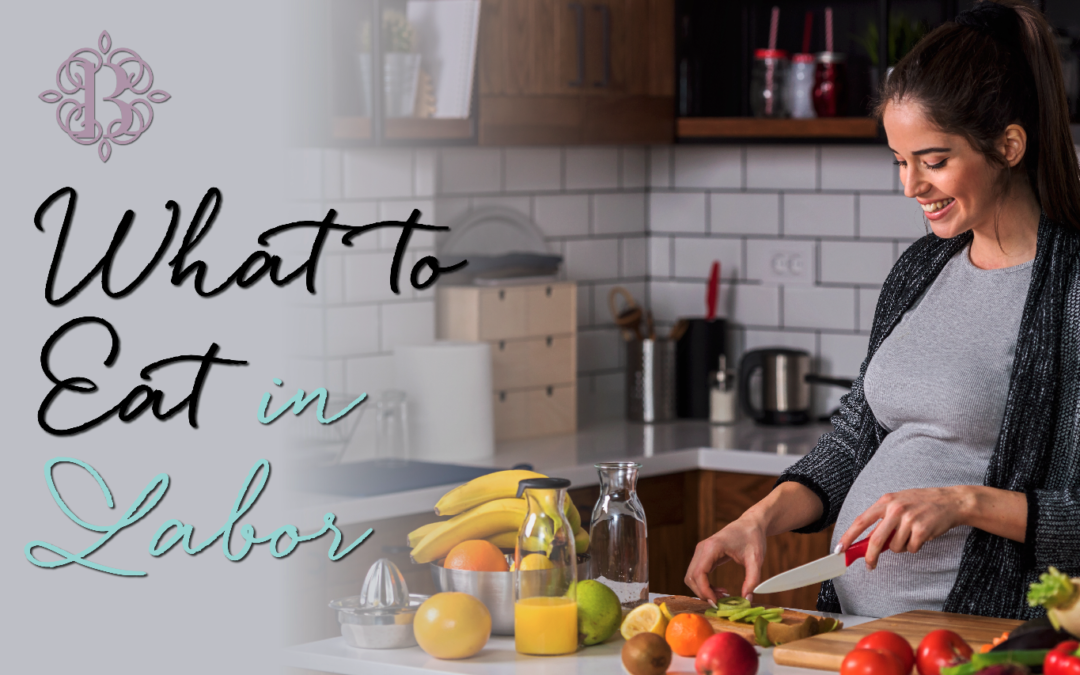What to Eat in Labor?
Labor and giving birth takes a lot of energy. Knowing what to eat can help your body gain energy before, during, and after this process.
Although the body requires many calories to get through labor, it can be challenging to feel like you want to eat once labor picks up. However, if you do feel that there are moments where you have an appetite during labor, good foods to consider are similar to ones you might give to a person who is going through the flu.
What to Eat
Lots of fluids and fiber, but nothing spicy or greasy, as vomiting and nausea can occur for some people. Greek yogurt, protein shakes, multigrain bread, oatmeal, brown rice, and cheese are easier to digest during labor.
A birthing mother may benefit from fruits such as berries for those antioxidants or bananas for potassium. You might enjoy those squeeze packs of 100% applesauce as a pre-birth snack!
One of the easiest ways to boost energy is a spoonful of honey or a granola bar on the go. Liquids like water and small helpings of chicken soup or bone broth are also great options! During active labor, your body needs electrolytes, so you might like an electrolyte drink to help give you a boost of energy!
Foods to Avoid
Since we are looking to minimize stomach distress, we recommend avoiding oranges and other foods that are high in acidity. Complex carbs and fats such as fast food are another to be avoided.
Postpartum Foods
Postpartum recovery of the body heavily relies on rest and stable food intake to give the body the protein it requires for healing. The fiber you need comes from whole grains, which can be consumed in the form of oats and whole-grain bread.
Finally, protein can be consumed from chicken, eggs, and other meats. Lentils such as red beans and chickpeas can also be a valuable source of protein! They can be consumed by making them into soups or salads or just having plain old bone broth to boost your immunity.
These may not directly speed up healing but will cause hormone health to improve, which is just as vital to maintaining the mothers’ health and well-being.


Recent Comments